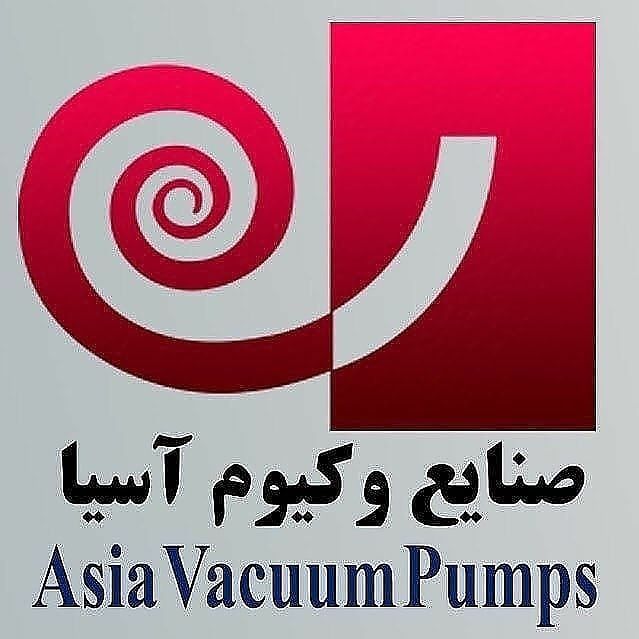[av_textblock size=” font_color=” color=”]
Can a bad vacuum pump cause rough idle?
The pump operates constantly if the engine is on, so wear and tear will eventually cause it to fail. When this happens, you’ll notice a reduction in braking performance. If your vehicle uses the vacuum pump to operate the AC, you’ll also notice that you aren’t able to maintain a consistent temperature in the cabin.
Here are some common symptoms that hint towards having a bad vacuum pump for gasoline and diesel applications.
1. Poor fuel efficiency
When a vacuum leak exists, it’s most commonly caused by vacuum hoses that are broken, have faulty connections or the vacuum pump is not in operation. If you listen very carefully, sometimes you can hear a “hiss” sound that is the signal of a vacuum leak. However, the most common way to notice this is when the engine loses fuel efficiency. The reason for this is due to the fact that vehicle exhaust is delayed on exiting the combustion chamber. When there is a buildup of burnt fuel, the new fuel burns less efficiency. This condition will also reduce engine performance; but it really depends on the manufacture and use of the vacuum pump.
If you notice that you have poor fuel efficiency – in both gasoline and diesel engines, have your local ASE certified mechanic inspect your vacuum pump, hoses, and engine for any vacuum leaks.
2. Brake pedal hard to press
Can a bad vacuum pump cause rough idle?
This symptom is common with diesel engines that use a vacuum pump booster to help improve brake performance. It’s especially common on larger diesel semi-trucks and dual-tire configured rear-wheel drive trucks. When the pump begins to fail, it produces less suction which helps to provide pressure to the brake master cylinder and provides additional pressure inside the brake lines. Eventually the lack of pressure in the brake system works its way up to the pedal. If there is a lot of pressure, the pedal will be solid, yet very forgiving. When vacuum pressure is low, the pedal is rough and very difficult to press down and engage the brakes.
When you recognize this warning sign, don’t wait to have this item fixed or examined by a professional mechanic. Have a certified diesel mechanic fix this issue as soon as possible.
3. Leaking oil under the side of the engine
Most vacuum pumps are located on the left or right side of the engine, typically closer to the brake master cylinder on diesel vehicles. The vacuum pump requires oil to maintain proper lubrication and to reduce internal temperature due to its frequent use. If you notice oil is dripping from the left or right side of your engine, it may be coming from the vacuum pump. Have a mechanic examine this problem regardless of where you might think the oil is leaking, as it can lead to major mechanical component failure if not fixed.
4. Air conditioning not working
If your AC unit stops working all of the sudden, it might be caused by a vacuum pump, especially in diesel applications. If you notice a problem with your AC unit, but it’s been recently serviced, contact a local mechanic to inspect your vacuum pump for any issues.
The warning signs above are just a few of the potential symptoms of a bad or failing vacuum pump. If you experience any of these, make sure to contact YourMechanic, so one of our local ASE certified mechanics can arrive to your home or office to inspect your car, diagnose the precise problem and provide an affordable solution.
[/av_textblock]
